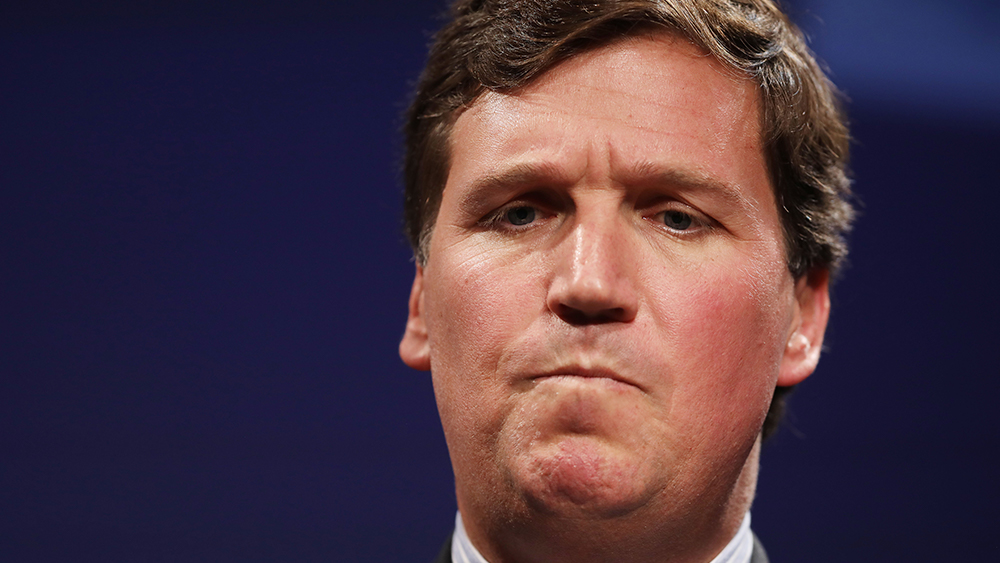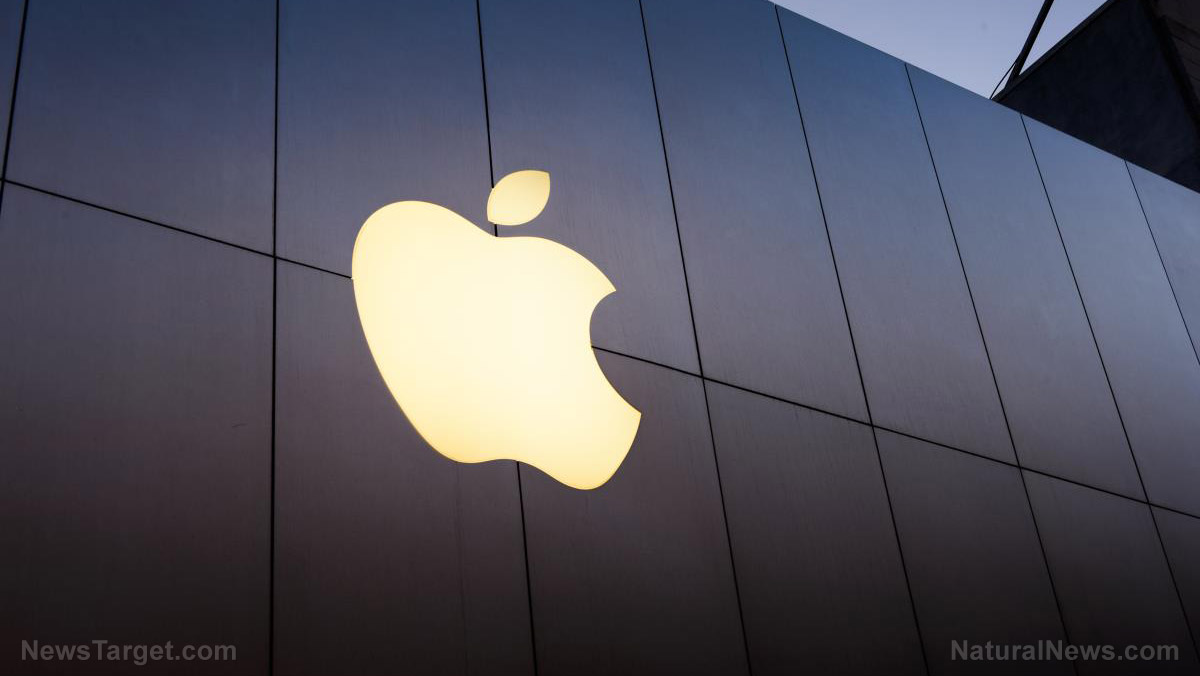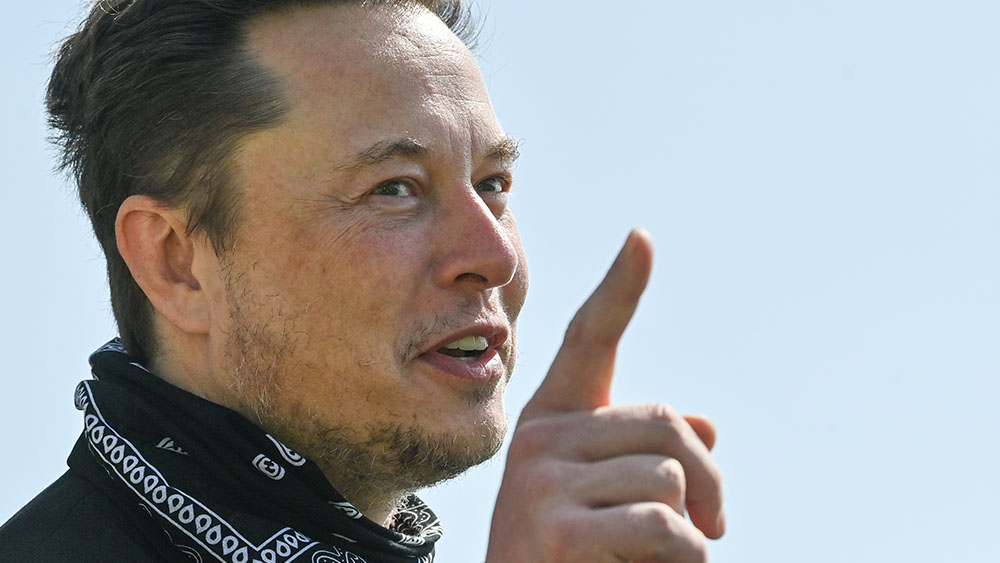
Millions of people are abandoning end-to-end encrypted online messaging service WhatsApp ahead of a privacy policy update that will force users to share their data with social media giant Facebook.
According to app analytics website App Annie, WhatsApp's ranking in both the United States and the United Kingdom has fallen significantly following the news. WhatsApp is now ranked number 38 in the U.S. and number 10 in the U.K. This represents a significant drop.
Meanwhile, WhatsApp's main competitors Signal and Telegram have risen significantly, with the latter being the number one most downloaded app in the U.K.
On the same day that WhatsApp made its announcement, Signal and Telegram were downloaded 1.2 million and 1.7 million times respectively. WhatsApp, on the other hand, only downloaded 1.3 million times. Overall, the app's installations fell by approximately 13 percent to 10.3 million downloads in the first seven days of the year, compared to the previous week.
WhatsApp's new policy demands that users turn over a lot of data
WhatsApp has been owned by Mark Zuckerberg's Facebook, Inc. conglomerate since 2014, and it has been sharing data with its parent company since 2016. However, the app's users previously had the ability to opt-out of sharing personal data with Facebook.
"As part of the Facebook Companies, WhatsApp receives information from, and shares information with, the other Facebook Companies. We may use the information we receive from them, and they may use the information we share with them, to help operate, provide, improve, understand, customize, support and market our Services and their offerings, including the Facebook Company Products."
WhatsApp announced an update to their privacy policies on Jan. 7. The new update would require users to give their consent to allow Facebook access to their data, including their personal phone numbers and information regarding how they interact with others on the app. Users must accept the privacy policies before they can use the app, and it will apply regardless of whether or not the person has a Facebook account.
Other data that could be shared with Facebook includes a user's IP address, browser details, primary language, time zone and how users interact with businesses and with other brands owned by Facebook, including Instagram. Additionally, users will be forced to provide payment account and transaction information.
The update will be released on Feb. 8, and it affects all WhatsApp users in countries outside of the European Union and the United Kingdom, where strict data protection laws are currently preventing Facebook's overreach. (Related: TECHNO-TYRANNY: Apple Maps blocked service to people looking for directions to Washington, D.C. to attend March for Trump.)
"Deleted my WhatsApp today," said one user. "I've been using Signal for a while and think it's brilliant, hope y'all will join me over there."
"I've just deleted WhatsApp and Instagram from my phone because their new terms and conditions freak me out," said another user.
"I deleted my WhatsApp last week," added a third user. "I definitely lost some contacts and that sucks, but I've come to see Facebook as a criminal enterprise; I can't afford to give them access to my data."
"Woke up to WhatsApp's take it or leave it styled Privacy Policy update," said one user based in Chennai, India. "Desperate times call for moves to keep Facebook alive and relevant."
400 million WhatsApp users in India may soon leave the app
The users of WhatsApp are being given the choice of either accepting the new privacy policy or deleting their accounts. Critics of the end-to-end encrypted messaging service are asking people to choose the latter option and migrate to WhatsApp's competitors such as Signal or Telegram.
Among the most vocal critics of the move are prominent individuals from India, the world's second most populated country in the world and home to over 400 million WhatsApp users.
"They say, the market has power. We are the largest market," said Paytm founder and CEO Vishal Shekhar Sharma on Twitter. "Here in India, WhatsApp and Facebook are abusing their monopoly and taking away millions of users' privacy for granted. We should move on to Signal App now. It is up to us to become victims or reject such moves.
This and other pronouncements from prominent individuals within India and the international tech industry has sparked a massive conversation regarding data privacy and safety like never before, much to the delight of security experts who have been calling on Indians to take their privacy very seriously.
"There is a feeling that Indians don't care about privacy matters," wrote tech entrepreneur Rajesh Sawhney. "This lethargy or ignorance is what the large tech companies exploit. So glad that WhatsApp's recent change in privacy policy has become a household discussion matter."
Moving away from WhatsApp is a very tall order given how close to 30 percent of India's population uses the app. But given how all of India's tech world has been united in calling for a boycott of the app, it may be doable.
Learn more about how tech giants like Zuckerberg are attempting to expand their control over the private lives of people using their applications by reading the latest articles at TechGiants.news.
Sources include:
Please contact us for more information.





















